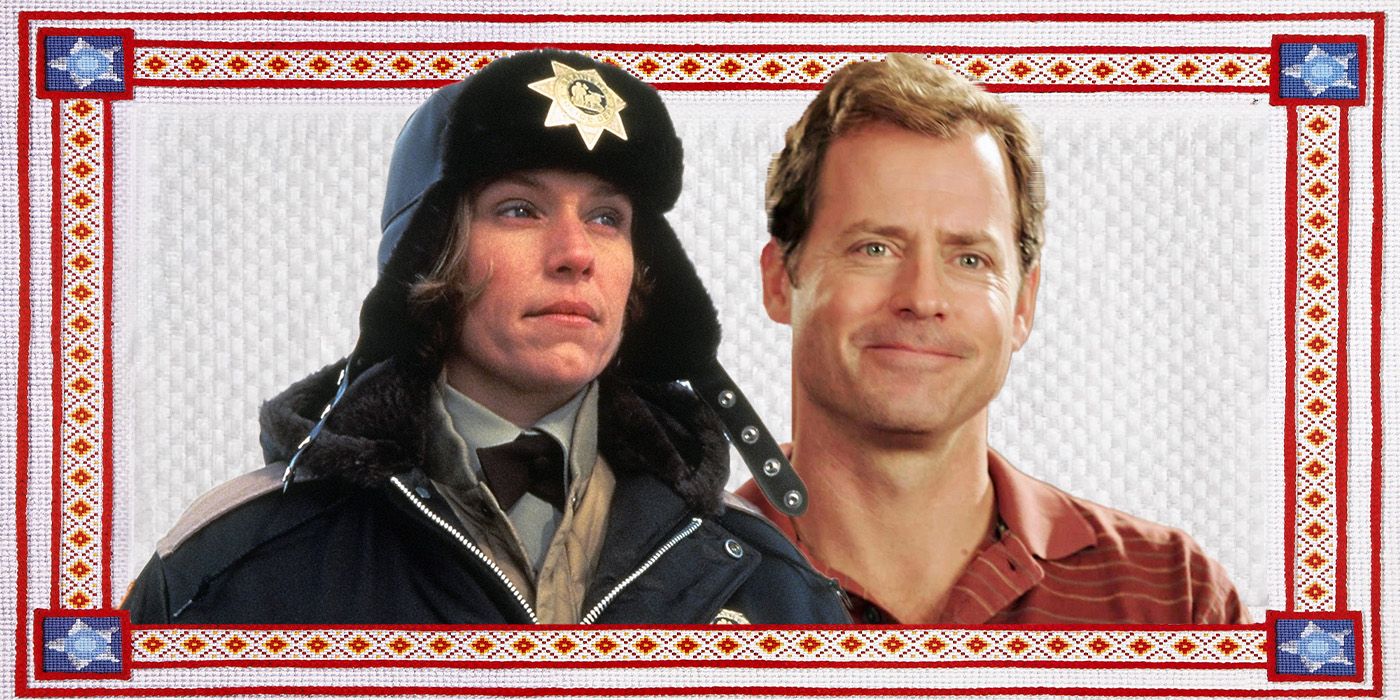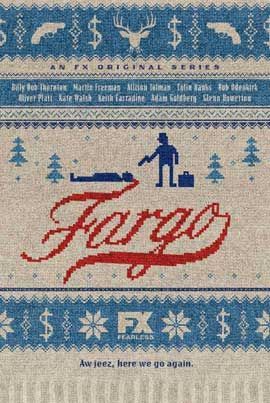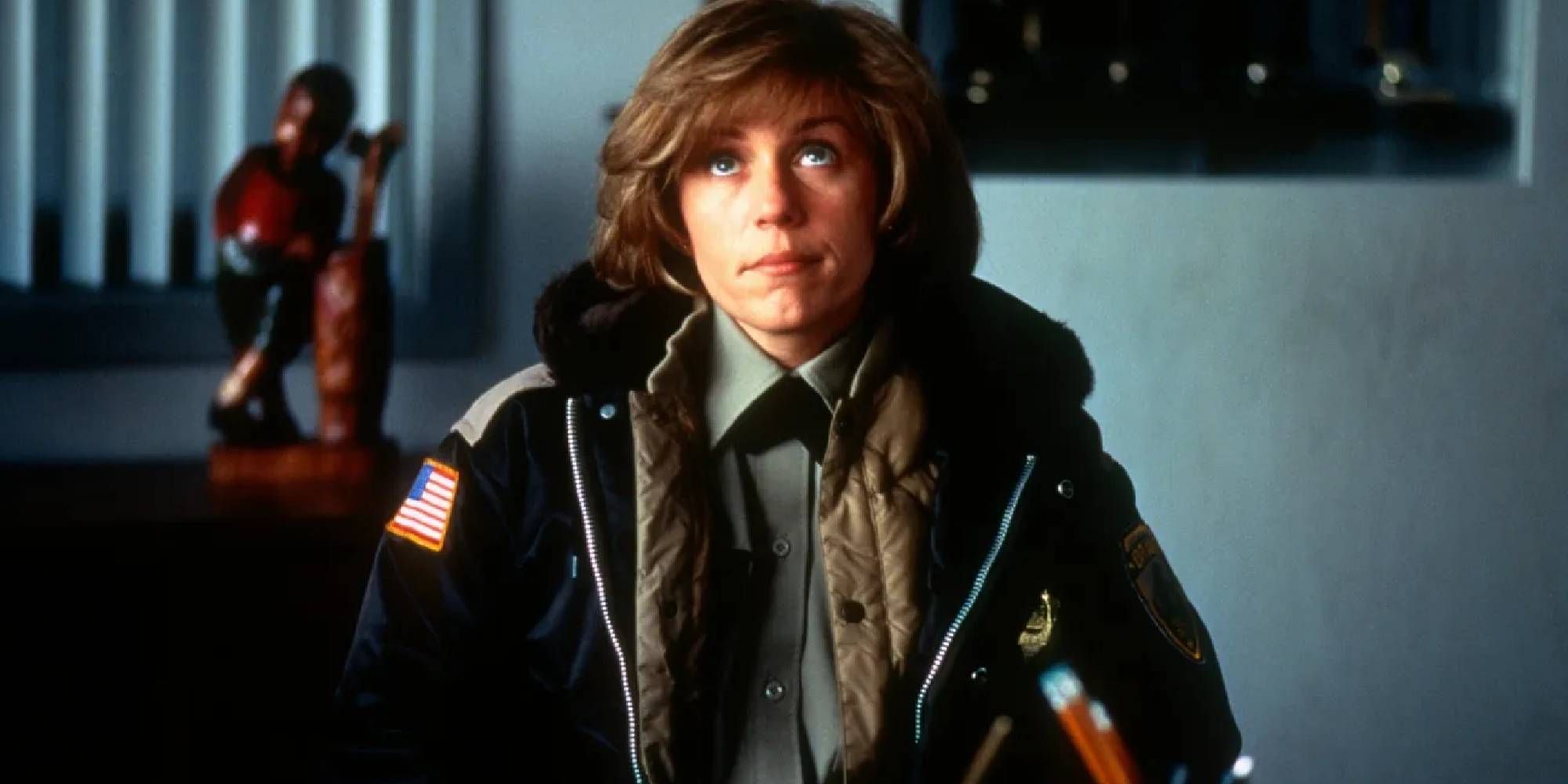The ’90s Crime Classic Tom Hanks Called “Perfect in Every Way” — and Who Are We To Disagree?

The legendary reputation of the directing pair of Joel Coen and Ethan Coen speaks for itself. No one really needs to go to bat for them as their work has reached a totemic level of reverence. That said, when it comes to their outright masterpieces — like their mainstream breakthrough, Fargo — the praise is endless. Tom Hanks‘ CNN series, The Movies, celebrated cinematic history and its accomplishments throughout American history, but the actor had to give special recognition to Fargo as a talking head, calling the Coens’ darkly funny crime drama “perfect in every way.” Anyone expecting a dissenting hot take will be let down, as Fargo is a perfectly conceived and constructed film.
Tom Hanks Cited ‘Fargo’ as a “Perfect” Film
Following their first box office bomb in The Hudsucker Proxy, the Coen Brothers buckled down and returned to their roots by combining the neo-noirish elements of Blood Simple and the zany screwball energy of Raising Arizona. To grasp the Coens’ directorial style, look no further than Fargo — a pitch-black comedy with grisly violence and bleak meditations on the criminal lifestyle of a classic detective novel. No one would have thought to set a crime saga featuring a series of horrific crimes gone wrong in the folksy Midwest with an oddball batch of characters like Jerry Lundegaard (William H. Macy) and police chief Marge Gunderson (Frances McDormand). The Coens possess a rare, elusive cinematic touch, but that hasn’t stopped imitators chasing their artistic brilliance, including the same-named FX series that the film inspired.
Being one of the signature films of its decade, Fargo received a prominent spotlight in an episode dedicated to films of the 1990s in CNN’s miniseries, The Movies, co-produced by Hanks. “The screenplay is perfect, the execution of it is perfect, the performances are absolutely perfect,” the two-time Oscar-winning actor. who worked with the Coens in The Ladykillers, said of Fargo. The film’s perfection as a work of art starts with the impeccable script written by the brothers, which was not actually based on real events, despite what the apocryphal opening text indicates. Though Hanks referred to the pair as “subversive filmmakers,” they are anything but an affront to traditional sensibilities. Their innate knack for exquisite genre filmmaking and creating uproarious laughs and thrills make them accessible to film scholars and everyday moviegoers. “They’re revolutionary bomb throwers, but you’re pleased that the bomb landed on your front porch,” Hanks said.

Related
You Betcha There’s a ‘Fargo’ Easter Egg in ‘Little Miss Sunshine’
And how does Bryan Cranston come into it?
‘Fargo’ Is the Total Package as a Black Comedy and Crime Drama
“Joel and Ethan’s scripts are publishable works of literature,” Frances McDormand said in the docuseries, who won her first of three Oscars for playing the decent and wholehearted pregnant police chief. The Coens’ scripts are known for having the richness of a novel, which is not the case for most scripts, which are merely guidelines not meant for leisurely reading. McDormand, also Joel Coen’s wife, cited that the scene where Marge interrogates the two sex workers was a one-to-one mirror of what the two directors wrote on the page, down to the pauses and punctuation of each line of dialogue. The Coens are known for their extensive storyboarding on all their films, and even at the script level, they know exactly what they want to capture on the screen.
From an analytical perspective, Fargo is the kind of picture-perfect representation of cinema as an art form that could be taught in film school as a north star for undergraduates. Every actor, including recurring Coen stock company members in McDormand and Steve Buscemi, matched the directors’ uncanny tone, blurring the line between cynical farce and gritty crime thriller. With its swift pacing and tight structure, Fargo rivals the likes of Chinatown as one of the most diamond-cut screenplay in history. A saga of messy and senseless violence has never looked as beautiful as it does in Fargo, masterfully shot by the Coens’ longtime DP, Roger Deakins. The snowy terrain of North Dakota acts as an empty canvas for these two to explore the nihilism and greed of crime, which tests Marge’s wide-eyed innocence of humanity. Unsurprisingly, Fargo‘s influence over future films, and particularly prestige television, is immeasurable.

- Release Date
-
April 5, 1996
- Runtime
-
98 Minutes
- Director
-
Joel Coen, Ethan Coen
- Writers
-
Ethan Coen, Joel Coen






